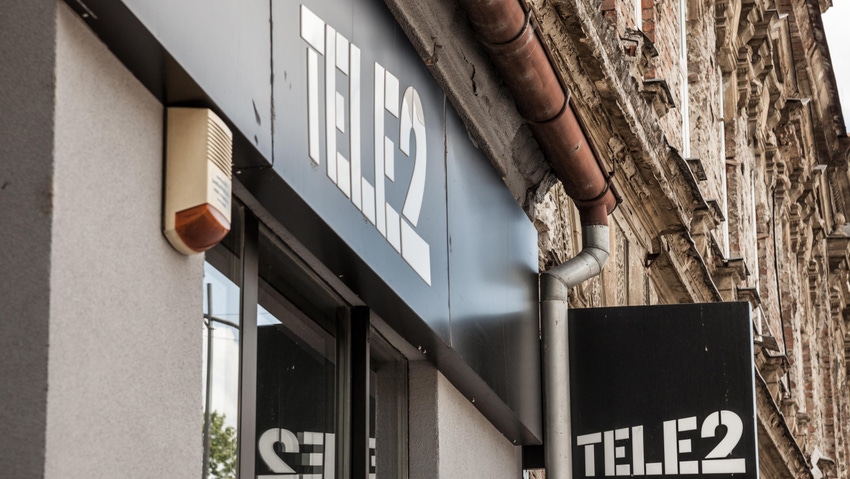Eurobites: Tele2 launches VoLTE services, with IoT in mind
Also in today's EMEA regional roundup: Ericsson's diversity initiative falters; Dutch government wants ASML to stay put; BT, ORCA explore quantum-based data centers.

Tele2 is launching voice-over-LTE (VoLTE) services in its Swedish network and in selected networks elsewhere in a move that appears to be primarily motivated by a desire to enable its IoT customers – currently reliant on 2G or 3G – to get with the 4G program. Voice services play an important role in mission-critical IoT deployments such as those found in healthcare, while the launch of VoLTE also will enable IoT customers to move to more energy-efficient devices. Tele2 plans to "sunset" 2G and 3G in Sweden by December 2025.
The number of female executives at Ericsson in 2023 slipped to 31.4% of the total exec count, from a 35.0% share the previous year, the vendor's latest annual report reveals. Ericsson is aiming for 30% representation of women at all levels of the company by 2030 – in 2023 this figure reached 26.0%, up from 25.5% in 2022. To try to get things moving more quickly, and in the right direction, part of the variable compensation to executives has been linked to getting women into at least 23% of line manager positions by the end of 2024 – currently this figure stands at 22.7%.
The Dutch government has launched something called "Operation Beethoven" to stop chipmaking equipment maker ASML from moving abroad, according to a Reuters report, citing a story in De Telegraaf. The worry is that the government's tougher anti-immigration policies could make it hard for ASML – which relies heavily on skilled foreign labor – to maintain the workforce it requires to carry out its fiendishly clever operations. (See ASML, an obscure Dutch firm, may be the most vital cog in tech.)
UK operator BT and ORCA Computing have been sharing their vision of the "Quantum Data Centre of the Future" (QDCF) with businesses, universities and other interested folk at BT's Adastral Park research center. The idea was to demonstrate how quantum communication and computing systems can be integrated into traditional data centers. ORCA Computing, a spin-out from Oxford University, describes itself as a developer and provider of full-stack photonic quantum computing systems.
Cellnex, the Spain-based towerco, has appointed Federico Protto as the new CEO of its Italian unit. He replaces Luca Luciani, who has left the company. Protto, an electronic engineer by training, joins Cellnex from Intred, an Italian telecom infrastructure company, though he has previously worked at Telecom Italia and T-Systems, among others.
Liquid C2 has teamed up with Google Cloud and artificial intelligence company Anthropic to offer a wider range of cloud, cybersecurity products and generative AI capabilities to businesses across Africa.
Read more about:
EuropeAbout the Author(s)
You May Also Like




_International_Software_Products.jpeg?width=300&auto=webp&quality=80&disable=upscale)







